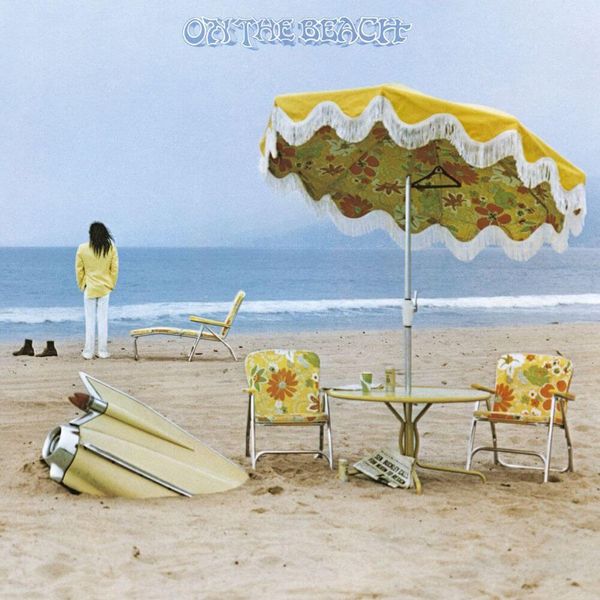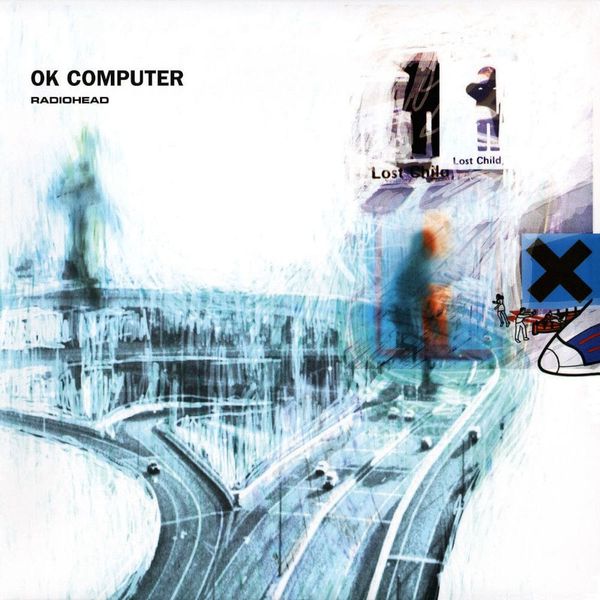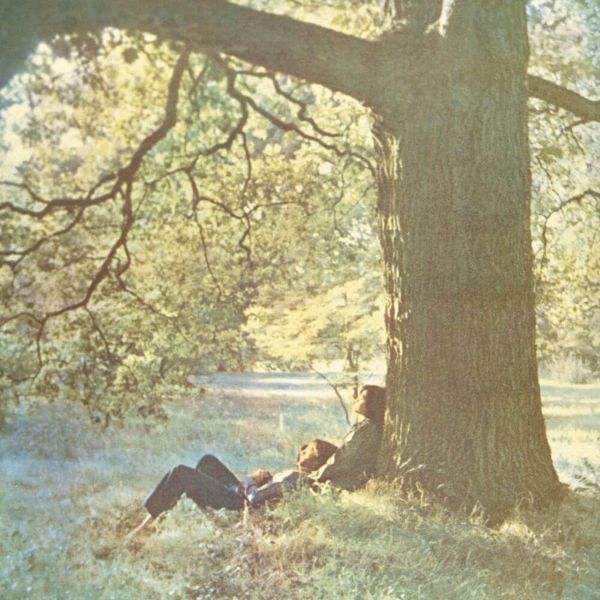André
After the Gold Rush is Neil Young at the absolute top of his game. It’s a masterpiece, plain and simple. His third studio album is as accomplished as any he’s ever released: an astonishing feat given he was only 24 years of age at the time. After the Gold Rush is a tight package that displays extreme versatility, covering an extraordinary range of musical ground and lyrical depth. Provocative rock jams with soulful guitar solos stand alongside romantic country ballads and heart-warming numbers led by playful piano.
For all its musical and personal scope, Young does incredible things with, seemingly, so little. Simple vocal melodies sung over elementary chords have no right to be as effective as they are here, but Young has the capability to floor listeners with his presence. If there’s an album that best showcases Young as a songwriter, After the Gold Rush is the most immediate choice. His poetry comes naturally, with no metaphor feeling forced. His personal musings and intricate stories aren’t bound by genres. Though his folk and country background is well known, Young’s songs transcend these origins. This is music for everyone.
It’s crucial to recognise that Young has been aided by some of the most extraordinary backing bands that contemporary music has ever seen. After the Gold Rush now celebrates its 50th anniversary, which is absurd given these songs do not sound like they were conceived half a century ago. There are a number of reasons for this, but most notable are the incredible arrangements that comprise the albums deeper cuts. The extraordinary tale of “Southern Man” is driven by stirring guitar, percussive piano parts, and the most glorious vocal harmonies you can ever dream of. It’s the kind of thing Radiohead have been replicating throughout their illustrious career.
“Don’t Let it Bring You Down” is another gem in this respect, showing the full force of the piano as an accompanying instrument. It puts many modern arrangements to shame. Young’s versatile vocals add a sprinkling of magic to these songs that propel them to legendary status. Whilst Bob Dylan’s voice has been a note of contention throughout the years, there’s simply no denying Young’s abilities. At its best, his voice smoothly sails through the mix like a delightful breeze, meaning that the music is not just magnificent, but accessible too.
Sounding as good as ever, After the Gold Rush remains one of the definitive albums released by, quite possibly, the greatest singer-songwriter we’ve ever seen. To those looking to probe Young’s daunting discography: start here.
9 out of 10
Fred
Reviewing albums of this calibre is a bit of a double-edged sword. They’re a delight to listen to, and writing about them almost feels redundant. What is there to say about After the Gold Rush that hasn’t been already? It’s vintage Neil Young, as fine a blend of rock, blues, and country you’re ever likely to hear. Beautifully produced too, which always helps.
I suppose the best I can do is put the record in context with the other Young release we’ve reviewed. On the Beach is my favourite Neil Young record, and one of my favourite records ever. After the Gold Rush is not On the Beach. They’re different animals. This is a more jumbled, less miserable affair. The songs have a spring in their step, the zest of a born traveller going it alone. The record is an ideal introduction to Neil Young in that sense; it’s super accessible.
There are a good few classic tunes crammed into the 35-minute runtime. “Southern Man” is a one-inch-punch of a song, with low key one of the greatest rock solos going. The cover of “Oh, Lonesome Me” is so pathetic that it becomes kind of adorable, like Droopy the dog in musical form. The songs are eclectic, but they’re held together by the band which, with a few Crazy Horse members among their ranks, accompanies Young beautifully.
Young has always had a lightness that makes him more approachable than the icier singer/songwriter greats, be they Bob Dylan or Laura Marling. Few — if any — albums showcase that wamth better than After the Gold Rush. It’s Young on a roll, with a fire in his belly and love overflowing from his big Canadian heart. Half a century on, it remains a joy.
9 out of 10
Marcus
After the Gold Rush, released 50 years ago when Neil Young was a little younger than I am now, has that indefinable timelessness of a real classic. The humanistic, emotionally available, and touchingly straightforward composition anchors it to another time in many ways, and yet its clear focus on fundamentals at both an instrumental and narrative level mean it could have been released only recently. The subsequent albums and genres where Neil Young’s influence can be felt are innumerable, like the 24-year-old was writing a love letter to bands of the future.
Thematically, this forward-facing nature holds true in the lyricism. Across the album, Young sings about love, its absence, and the coalescence of spirit that enables us to move on from past pains and to be optimistic for the unknowable. Along with a supremely confident and symbiotic backing band, Young imbues each track with this warmth and easygoing courageousness. He nods at every step towards emotional responses and their propensity to linger unhelpfully; acknowledging but never surrendering to them. Everything will be all right, he alludes, and it’s easy to believe him.
What strikes me most is how much space is left between the lines for the listener to transplant themselves into the experience. Young’s appreciation for the personal nature of music, in the ownership a listener takes for their own interpretation, comes across as much in the spacious writing as it does in the languid smoothness of each track’s accompaniments and harmonies. With a deft combination of empathy and pragmatism, Young’s album strikes at melancholy and revels in the art of reflection, making sure to talk about pain constructively without denying it exists.
9 out of 10



